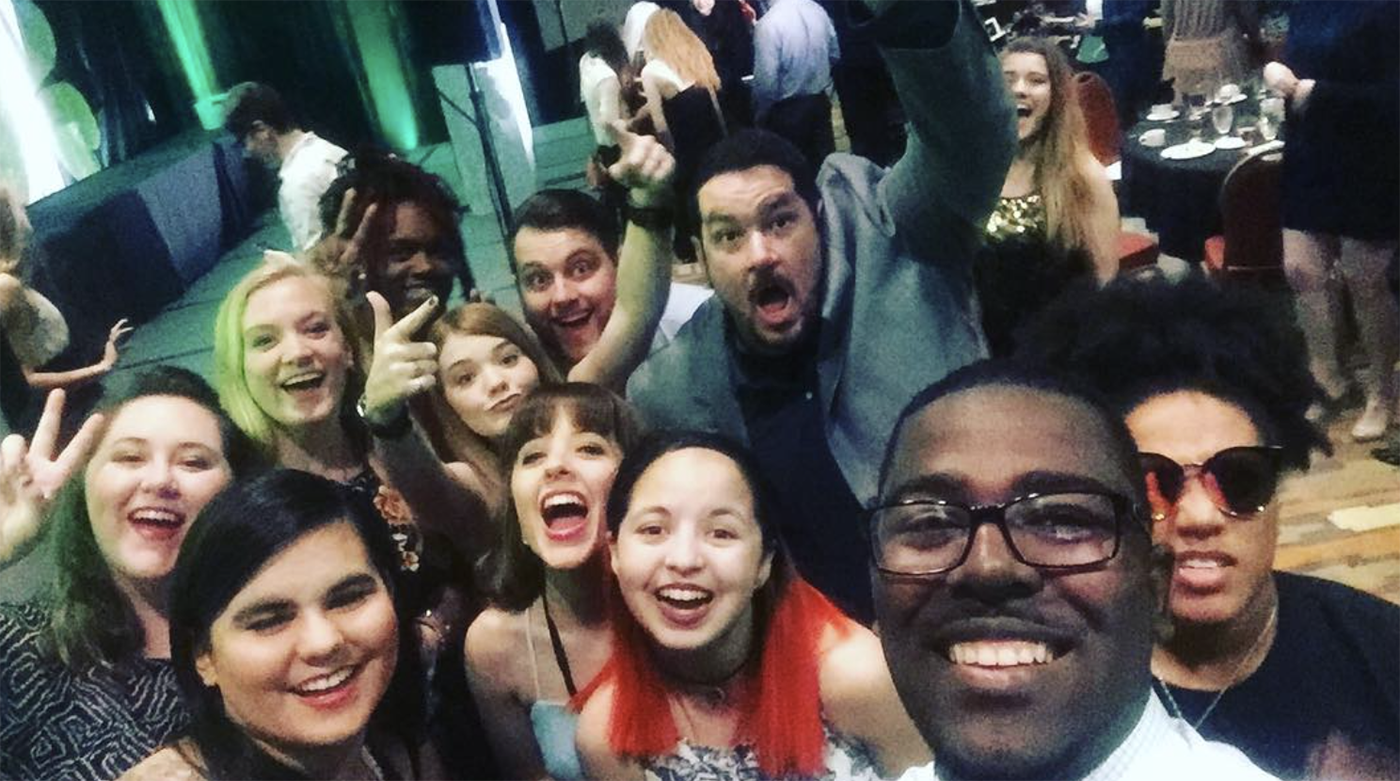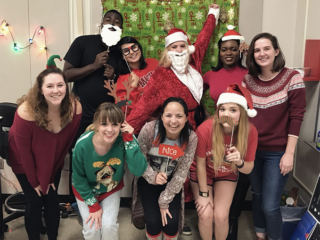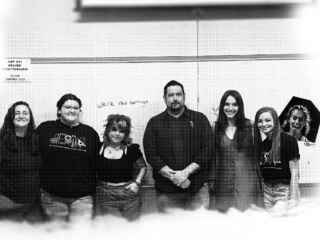I have talked a lot about what makes a student organization important and I’ve recently covered some useful tips in advising and running a student organization. However, there is a major factor that I have yet to cover, unity. Unity is another of those buzz words that we hear a lot about and yet we are never really told how to create it or maintain it when it is present.
Creating Aliens
In my classroom I learned a long time ago that if I want to pull my students together, I need to create something for them to unite against. I call it the “Independence Day Effect” (apologies for my geekiness). In the classroom I set my expectations as the “invading aliens” and reward the class when they defeat my expectations (rewards = food, sketchbooks, etc.). I have had a great deal of success with this throughout the years and it has become a defining technique in my pedagogy. I’ve also had great success with this regarding student organizations as well.
There are, however, a few difficulties with using the Independence Day Method with a student organization. The first issue is that members are at different stages of their college careers, in different classrooms with different projects. The next issue is the difficulty in finding an “invading alien” large enough with a reward enticing enough to unite students from across classes. This challenge must also be so momentous that it requires lasting effort giving time for members to grow closer and to reap the reward of hard work.
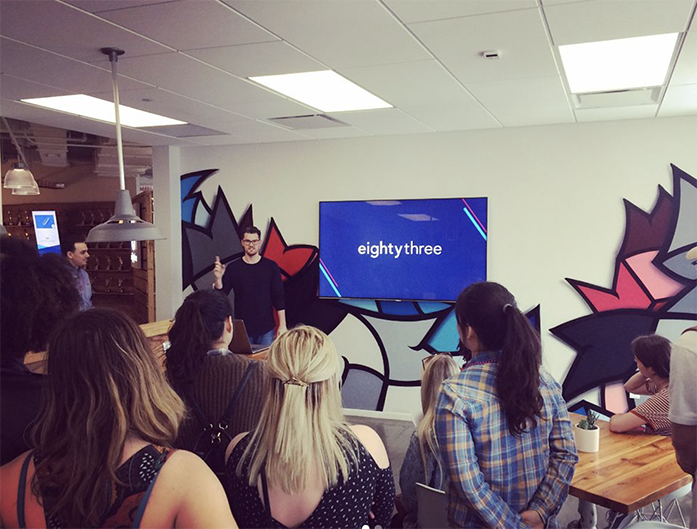
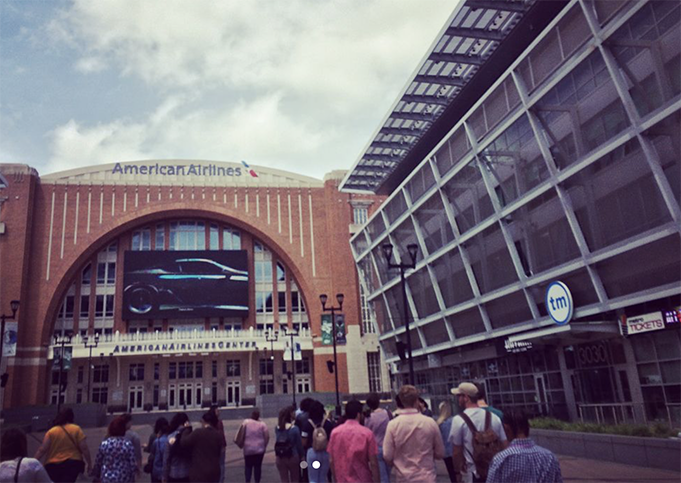

For the Collective, as with student organizations I’ve advised at other universities, this large and momentous challenge has been the The National Student Show and Conference hosted by the Dallas Society of Visual Communications. This 3-day conference includes studio tours, keynote speakers, breakout sessions, portfolio reviews, and a job fair. However, the trip itself encompasses so much more than just the conference. For many students this is their first trip without parents, their first trip to Dallas, and in some cases even their first trip out of state. This trip becomes a combination of both types of events mentioned in the previous post (fun and educational) while also creating a momentous life experience.
Fighting Aliens
Once the obstacle is identified it is time to go to war. For the Collective this means we must begin discussions of the third and final type of event, fundraising. It is in fundraising events that I recommend advisors become far more suggestive or influential. Because fundraising events deal with money, and typically the public, it is important that the organization handle itself in an extremely professional and organized manor. Also, fundraising for a student organization can be extremely difficult and quite demoralizing when it fails. A failed fundraiser has worse effects than limiting funds but could also lead to seeds of toxicity such as blaming and finger pointing.
As in the case with “fun” events fundraising events do not, and in some cases should not, be related to art, design, or whatever the primary subject for the organization is. This is the case for a couple of reasons. First it is important to be cautious of creative burnout, students are already loaded with classes where they are forced to think creatively. Second, not all art events can make money, which ultimately makes them a failure. As an advisor it is important to keep students in line with their ultimate goals and suggest events that have greater chances of success.
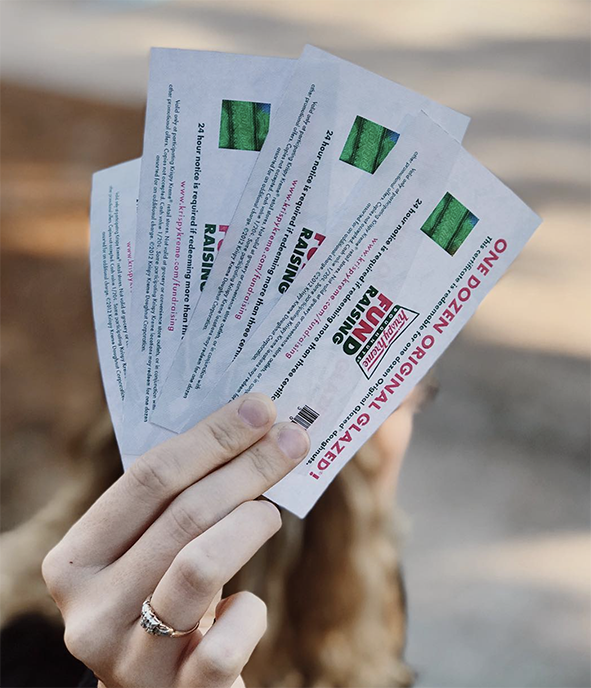
What makes a successful fundraiser? Money! Leave the educational events for educating, leave the fun events for having fun. Fundraisers are work and members are essentially paid for their efforts through the funds they raise. Now, that is not to say that organization members can’t have fun while they raise funds, it simply means that fun should not be a goal but rather a possible side effect. From a unity standpoint fundraising also creates struggle which is a necessary element for friendships and community by creating a shared experience that is respected and appreciated. Much like a battle to a group of soldiers and a game to a group of athletes, struggle can become a defining and unifying moment.
Once funds have been raised it is important that an advisor leave the expenditure of those funds to the organization. The only time an advisor should step in is when those expenditures are unfairly dispersed or used. This helps give members a sense of ownership of what they use those funds for, and a sense of pride and accomplishment at having raised the funds to achieve their goal.
Defeating Aliens
Through fundraising a student organization creates additional unifying events but it is in the rewards that members truly create the unifying experience. That is why it is so important that the student organization and advisor do whatever is necessary to make sure that the experience itself happens as hoped for. This doesn’t mean it is over planned or pedantically executed, it simply means that variables are accounted for and worst-case scenarios have a solution. As in the case of fundraising, this too is a moment for an advisor to step up and make heavy suggestions and wield some influence while not issuing outright commands.

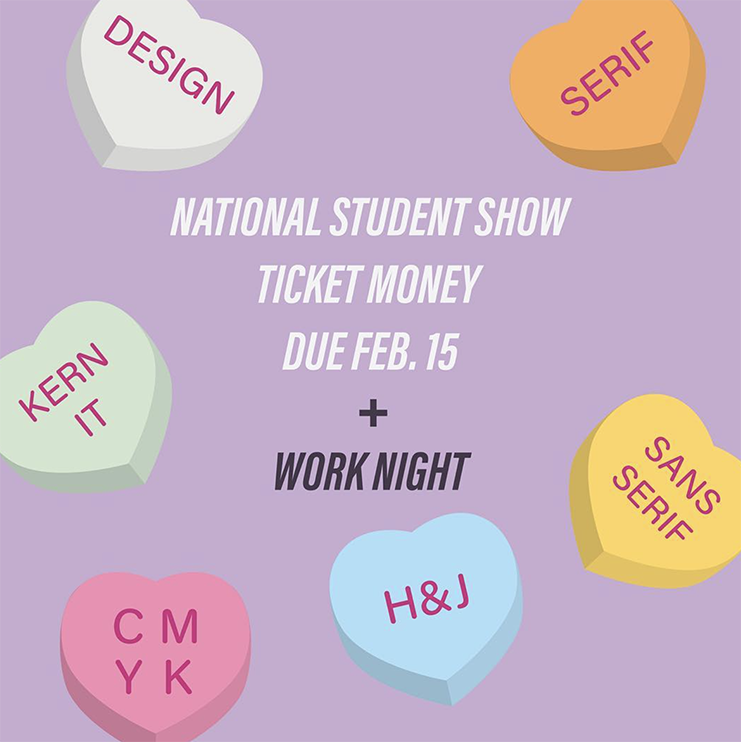

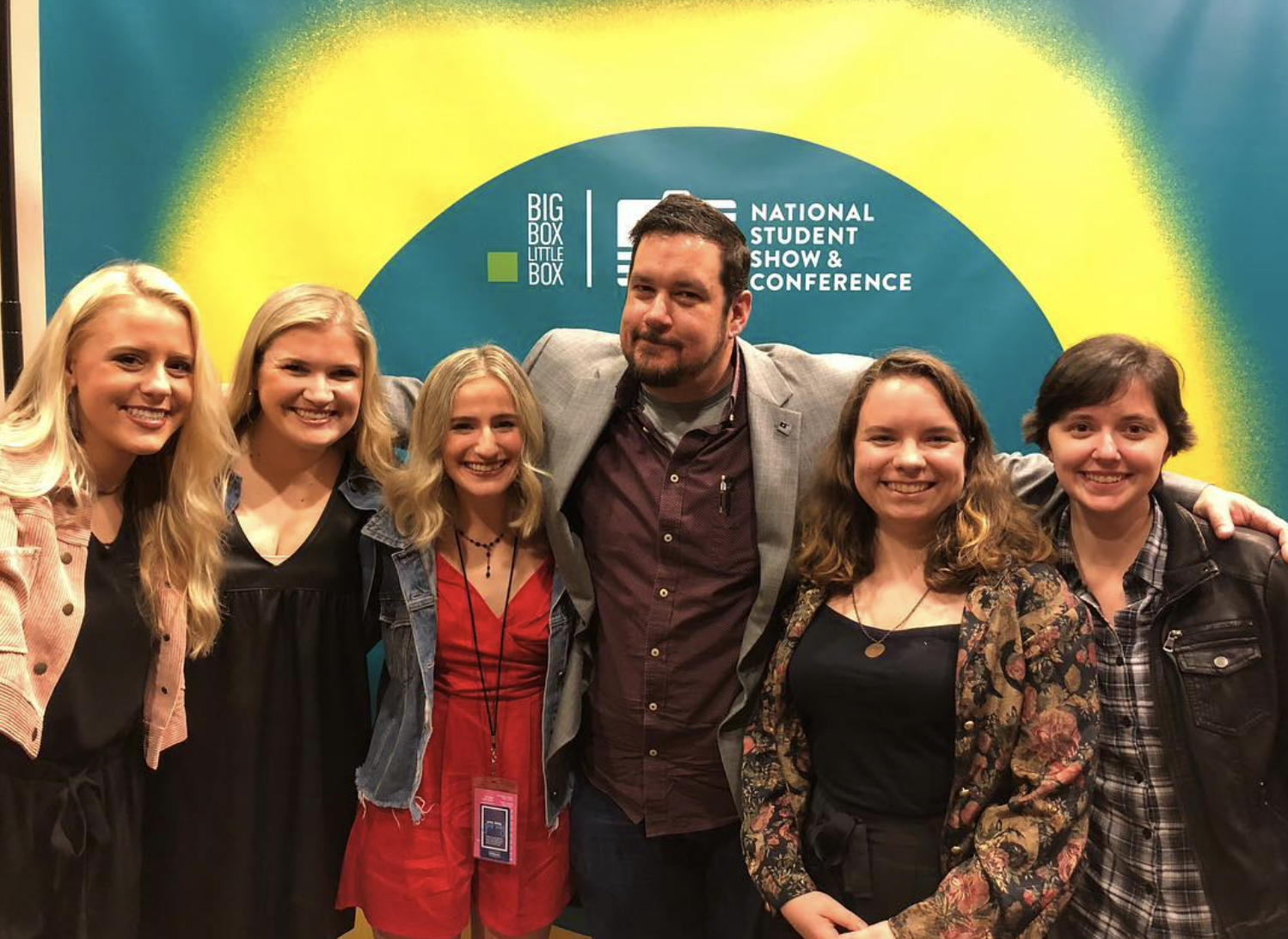
Though it is important that an advisor not demand or dictate how an organization operates it is also important that student leadership understand the experience and expertise the advisor has in these situations. In the case of making a major purchase an advisor likely has experience with different brands or the process of acquiring the item. In the case of travel the advisor likely has experience with traveling and organizing large groups. It is in these situations that the advisor needs to clearly express and communicate their concerns and comments so that members understand that though these suggestions are not demands they are the solutions that will lead to the best results.
For the Collective and their trip to The National Student Show, I typically make only a few major suggestions: leave/return together, stay in the same hotel (the conference hotel), don’t skip parts of the conference, never leave anyone behind, and don’t do anything stupid. These simple suggestions leave plenty of room for them to create their own experience while also accounting for possible variables and worst-case scenarios. By leaving my suggestions at a minimum I’m allowing for them to create their best possible trip, not mine.
This has been a great series of post to write. Being an advisor for student organizations has been one of the greatest highlights of my career. After 12 years of advising I can say that these groups have helped the years go by with a great amount fun. If you’re reading this and you are an organization advisor or faculty member, I hope you have found this series informative and helpful. If you’re a student reading this I hope this helped you understand your role as a member or officer and has helped to excite you with the possibilities of the things you can accomplish.


